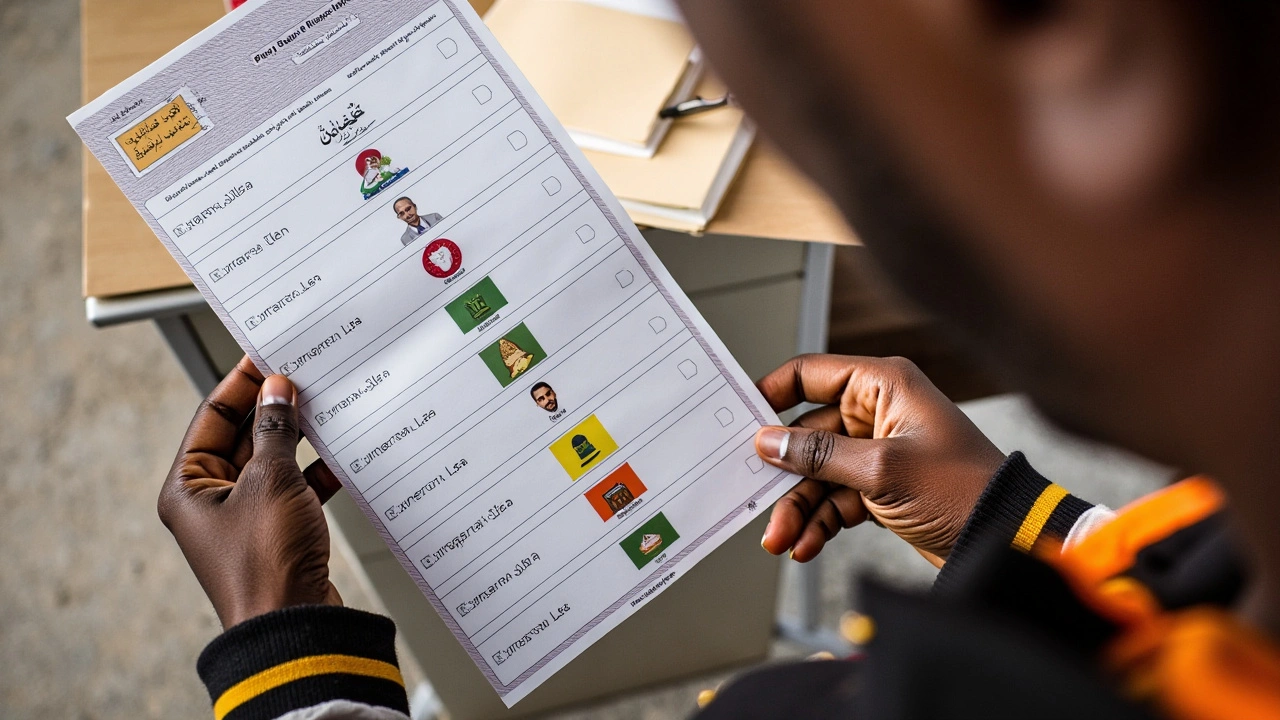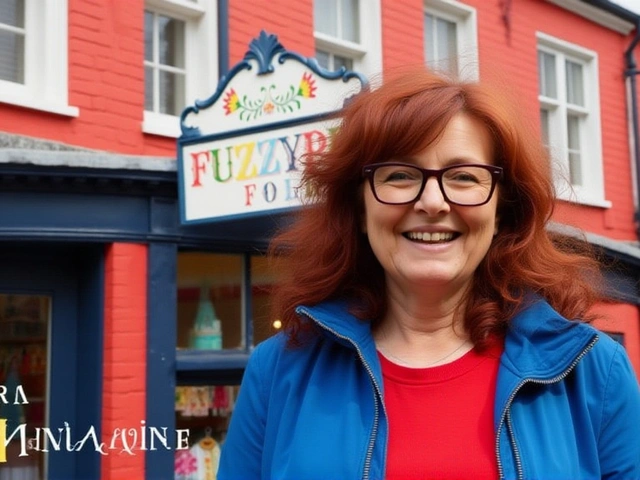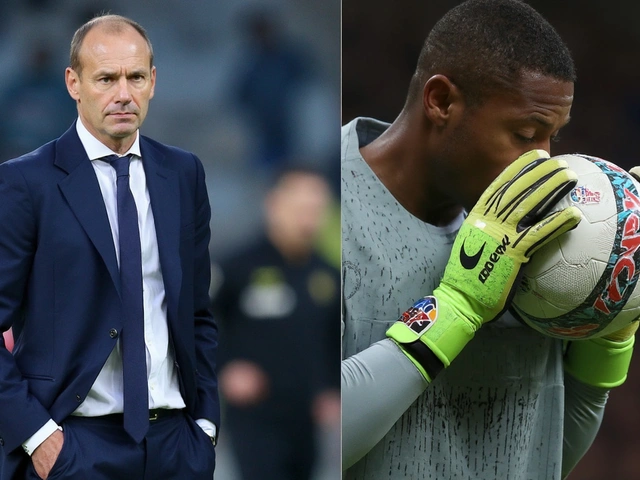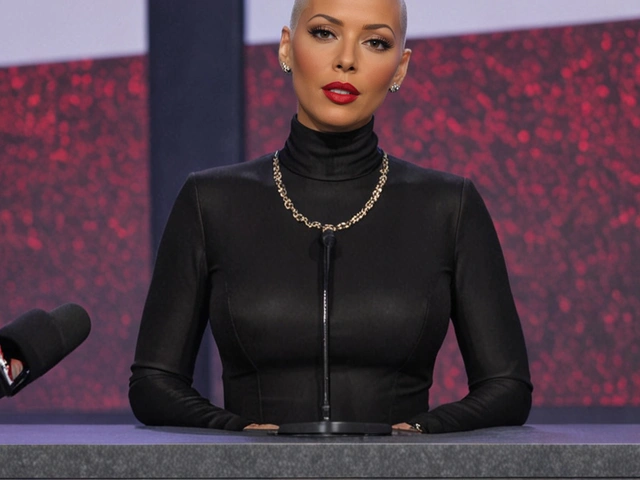The Journey of Somaliland Towards Recognition
Somaliland's bid for international recognition continues to gather momentum as the self-declared republic in the Horn of Africa recently conducted its fourth presidential election since proclaiming independence from Somalia in 1991. This election, held on November 13, 2024, is not merely a local political exercise but a significant moment that could influence Somaliland's quest for recognition on a global stage. Despite its unilateral declaration of independence and its consistent efforts to establish itself as a separate entity, the international community has yet to formally acknowledge Somaliland as an independent nation. Yet, within the borders of this enclave, there's an undeniable spirit of autonomy and peace that sets it apart from its historical neighbor, Somalia.
Historical Context of Somaliland's Secession
The road to Somaliland's present-day status began over three decades ago when it decided to secede from Somalia. After the collapse of state structures in Somalia, Somaliland declared independence amidst a backdrop of chaos and lawlessness in the region. While Somalia has struggled with ongoing conflict and instability, Somaliland has prided itself on maintaining peace, democracy, and relative prosperity. Building its own government, military, currency, and civil institutions, it has functioned akin to an independent nation despite the lack of formal recognition.
The Players In The Election Arena
The presidential election featured three main candidates, each representing different political philosophies and hopes for the future. Muse Bihi Abdi, the incumbent president representing the Kulmiye party, seeks to continue his governance, highlighting stability and the socioeconomic progress achieved during his tenure. On the other hand, Abdirahman Mohamed Irro, the candidate for the Waddani party, campaigns for political reform and promises to invigorate Somaliland's bid for international legitimacy. Faysal Ali Warabe of the UCID party enters the race bringing forward his vision of economic liberalization and infrastructural development.
Ensuring a Smooth and Peaceful Election Process
In a region where political upheaval is not uncommon, the smooth conduct of Somaliland's elections is noteworthy. To ensure the security and integrity of the process, the National Electoral Commission took stringent measures, such as restricting vehicle movement, a strategy that helped maintain peace throughout the voting period. It's a testament to Somaliland's dedication to nurturing a peaceful and democratic environment, which it hopes to leverage in its quest for recognition. The election process went on without any significant incidents, shedding light on the maturity of Somaliland's democratic institutions.
International Recognition: A Long-Fought Battle
Somaliland's pursuit of widespread international recognition is underscored by its stable governance and democratic practices, but it faces significant geopolitical challenges. The primary obstacle is the African Union and major world powers' hesitance to unsettle the notion of territorial integrity and inviolability of African borders. Nonetheless, smaller nations and dialogue continuing amongst sympathetic states keep Somaliland's hopes alive, as does its citizens' resilience and unwavering desire for validation on the world stage.
The Social and Economic Landscape
A self-reliant economy underpins Somaliland's stability, with trade, agriculture, and livestock forming the backbone of its economic sustenance. Moreover, the country's natural resources, including untapped oil reserves, are potential leverage points for economic development and international partnerships. The political landscape continues to shift with a youthful population pushing for modernization. Digital connectivity and education reforms signal a promising future where Somali society may align more closely with global economic and technological trends.
Implications of the Election Outcome
The result of this presidential election carries weight far beyond the borders of Somaliland. It signals to the international community a capability for self-governance and peaceful political discourse, reinforcing its eligibility for nationhood status. The successful candidate will face the challenge of maintaining this trajectory while intensifying diplomatic efforts for recognition. Economic development, international outreach, and maintaining domestic peace are expected to be focal points of the next administration's agenda.
The People’s Voice for Peace and Stability
Throughout the election campaign, candidates emphasized peaceful engagement from the electorate and the necessity of accepting election outcomes. Such messages resonate profoundly in a society that understands the cost of turmoil and the value of peace. The citizens of Somaliland remain hopeful that the culmination of their democratic efforts will soon translate into international acknowledgment, paving the way for enhanced economic opportunities and a fortified identity on the continental stage.
For the 34 years since its independence, Somaliland has been navigating the delicate balance between internal governance and external validation. While holding elections in itself is a crucial step for democracy, it's the global political chessboard that will ultimately decide Somaliland's future. The recent elections may just be the catalyst necessary to sway international opinion, leading to an inevitable recognition of Somaliland as an independent nation, a status long sought by its proud and resilient people.







Dee Boyd
November 14, 2024 AT 02:32 AMThe recent Somaliland presidential election exemplifies a paradigmatic case of de‑facto statecraft, where normative legitimacy is pursued through institutionalized electoral mechanisms rather than mere forceful secession. By invoking the precepts of self‑determination and democratic consolidation, the polity attempts to construct a discursive repertoire that challenges the status‑quo of territorial integrity doctrines. Nonetheless, the international system remains encumbered by realpolitik considerations and the inertia of established norms, which renders any rapid legitimation process unlikely. Scholars must therefore interrogate the epistemic foundations of state recognition, accounting for both legal positivism and the sociopolitical utility of recognition as a strategic instrument.
Carol Wild
November 17, 2024 AT 00:32 AMWhile the foregoing analysis offers a commendably polished introduction to the complexities of Somaliland's diplomatic quest, one cannot ignore the deeper, covert machinations that shape the continent's geopolitical chessboard. The so‑called "peaceful" elections are, in many respects, a veneer administered by shadowy Western interests keen on preserving the colonial‑era borders that conveniently serve their own resource extraction agendas. Moreover, the timing of the election-coinciding as it does with a series of clandestine agreements between multinational corporations and regional power brokers-suggests an orchestrated attempt to distract from the invisibility of the real power structures. Those who perpetually echo the official narrative are, perhaps unintentionally, complicit in a grand deception that obscures the truth for the masses who are left to wonder why undeniable progress remains perpetually out of reach despite the ostensible stability touted by the media.
Rahul Sharma
November 19, 2024 AT 22:32 PMSomaliland's election is a fascinating study in how emerging political entities can leverage democratic processes to enhance their international standing. First, the smooth conduct of the vote demonstrates the institutional robustness that many established states still struggle to achieve. Second, the participation of multiple candidates provides a genuine competitive environment, which is essential for legitimacy. Third, the involvement of civil society groups in monitoring the election adds an additional layer of transparency. Fourth, the electoral commission's logistical strategies, such as restricting vehicle movement, showcase a nuanced understanding of security dynamics. Fifth, the diaspora's engagement through financial remittances helps sustain the local economy during electoral cycles. Sixth, the youth demographic, increasingly connected via digital platforms, amplifies the narrative of modernity and progress. Seventh, the political discourse has begun to shift from sectarian rhetoric toward development‑focused agendas. Eighth, the candidates' emphasis on peaceful engagement reflects a collective memory of conflict avoidance that is deeply ingrained in the population. Ninth, the post‑election pledges to pursue diplomatic outreach illustrate a proactive approach to statecraft. Tenth, the potential exploitation of untapped oil reserves offers both opportunities and challenges for negotiating foreign partnerships. Eleventh, the absence of major election‑related violence sends a powerful signal to the African Union and other regional bodies about the region's stability. Twelfth, the continued maintenance of independent institutions, like a national currency, reaffirms a distinct national identity. Thirteenth, the emphasis on educational reform aligns with global development goals and enhances human capital. Fourteenth, the commitment to infrastructural development underscores a long‑term vision for economic growth. Finally, the sustained resilience of the populace, despite decades of non‑recognition, serves as an inspiring testament to the power of self‑determination.
Emily Kadanec
November 22, 2024 AT 20:32 PMyeah you cant just ignore the oil prob.
william wijaya
November 25, 2024 AT 18:32 PMIt's worth noting that the electoral success also opens doors for substantive bilateral talks, especially with nations that value stability over the strict adherence to old colonial maps. This could translate into joint ventures in renewable energy, which would diversify the economy beyond livestock and agriculture; a diversification that many analysts have highlighted as crucial for long‑term resilience. Moreover, the younger generation's digital fluency could foster tech‑startup ecosystems, positioning Somaliland as a regional hub for innovation. All this, of course, hinges on continued internal cohesion and a strategic diplomatic outreach that acknowledges both the aspirations of the people and the geopolitical realities of the Horn of Africa.
Lemuel Belleza
November 28, 2024 AT 16:32 PMHonestly, the whole thing feels like a PR stunt more than a genuine bid for anything beyond internal morale boosting.
faye ambit
December 1, 2024 AT 14:32 PMWhile it's easy to dismiss such initiatives as mere symbolism, one should also consider the profound psychological impact that a functioning democratic process can have on a community's collective identity. The act of voting, irrespective of external validation, affirms a sense of agency among citizens, fostering a shared narrative of self‑governance that can serve as a foundation for future diplomatic engagements. Moreover, the international community often responds to consistent demonstrations of stability, gradually shifting its stance as confidence builds over time.
Subhash Choudhary
December 4, 2024 AT 12:32 PMJust watching these developments reminds me of how grassroots movements can sometimes outpace the official narratives, especially when people on the ground take ownership of their political destiny.
Ethan Smith
December 7, 2024 AT 10:32 AMAbsolutely, the local engagement speaks volumes about the commitment to democratic principles, and that grassroots involvement is precisely what the international community should be paying attention to when assessing legitimacy.
Evelyn Monroig
December 10, 2024 AT 08:32 AMDon't be fooled; the so‑called "peaceful" election is a smoke screen engineered by shadowy interests to legitimize their own geopolitical foothold while keeping true independence forever out of reach.
Gerald Hornsby
December 13, 2024 AT 06:32 AMAh, the classic conspiracy of the ages – but perhaps the real drama lies in the silence of those who choose not to speak, leaving the stage empty for whispers. 😏
Hina Tiwari
December 16, 2024 AT 04:32 AMi think its kinda cool seeing a small place try hard to be heard, even if things are messi and hard sometimes.